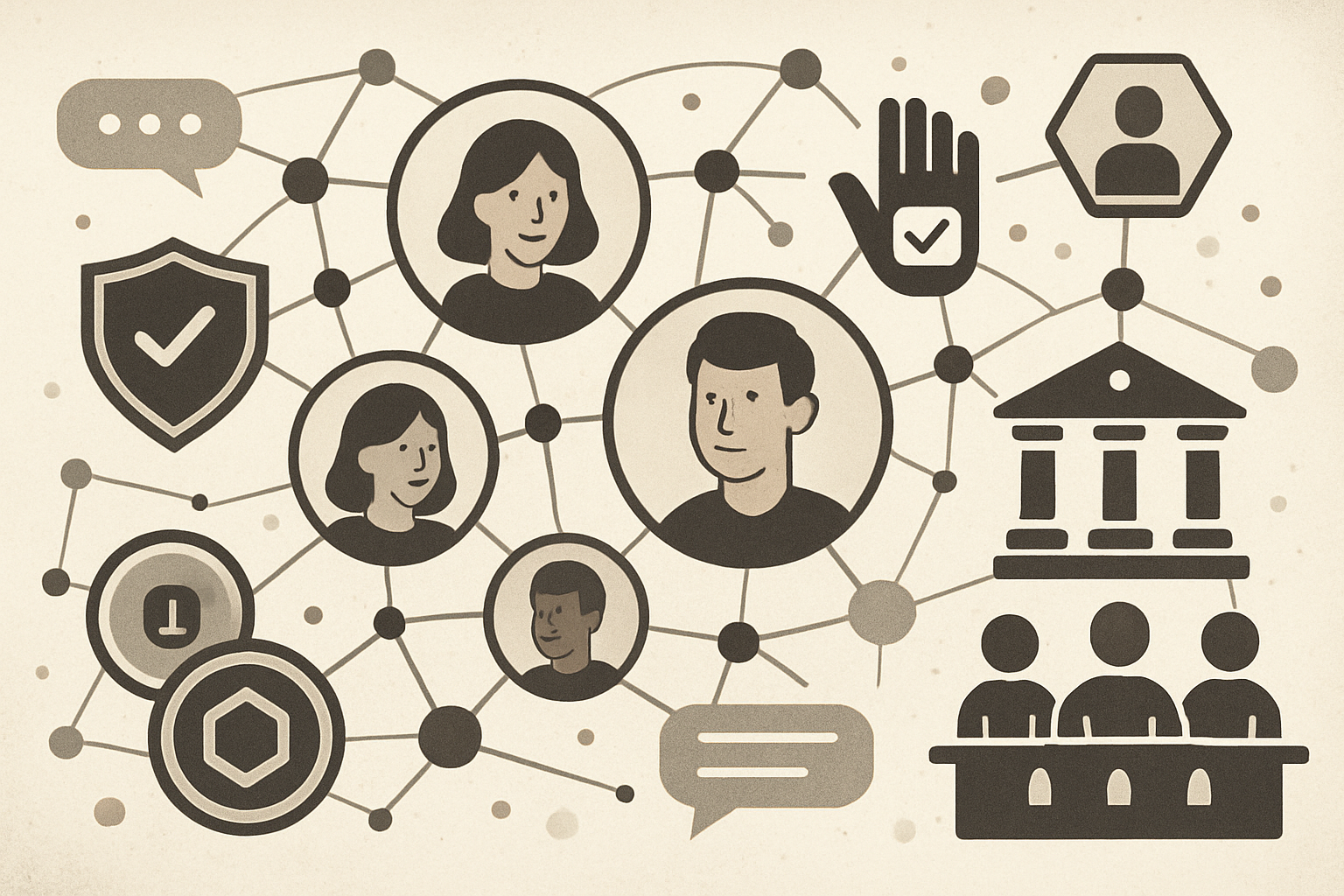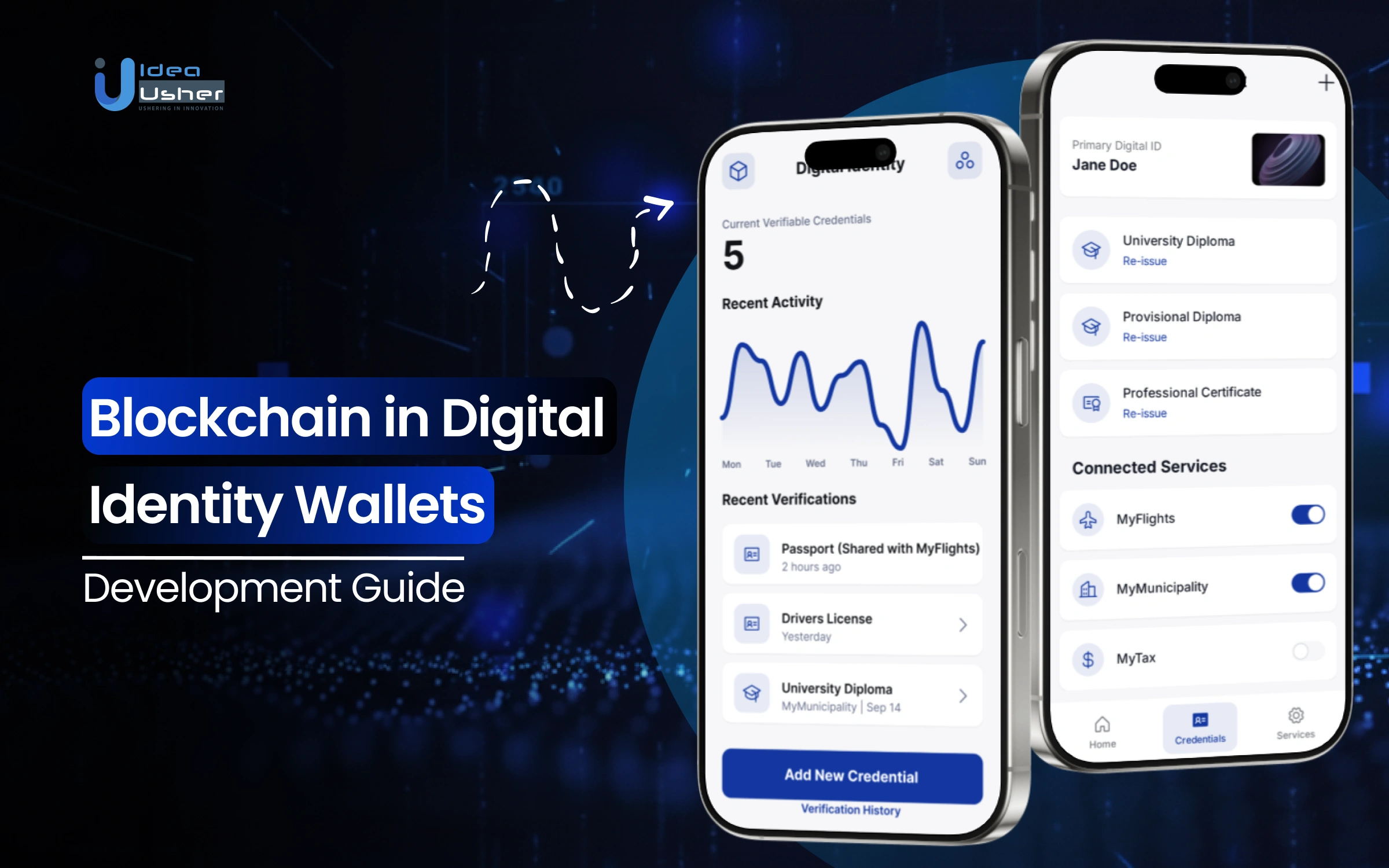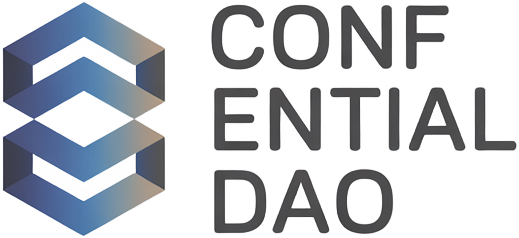
In 2025, Decentralized Autonomous Organizations (DAOs) are experiencing a profound shift: governance is no longer just about open participation, but about verifiable, private identity. This evolution is driven by the need to balance transparency with privacy, and to finally address persistent vulnerabilities like Sybil attacks and voting manipulation. The emergence of robust decentralized identity (DID) frameworks, zero-knowledge proofs, and non-transferable NFT credentials is reshaping how DAOs operate – making them more resilient, inclusive, and trustworthy than ever before.

Why Private Identity Matters for DAO Governance
Traditional DAO models have long struggled with the tension between openness and security. While permissionless participation is core to the ethos of Web3, it also invites risks: fake accounts (Sybil attacks), collusion, and vote-buying have threatened the legitimacy of decentralized governance. In response, DAOs in 2025 are embracing private yet verifiable identities, enabling each participant to prove their eligibility without compromising personal data or voting choices.
This paradigm shift is not just theoretical. According to recent research by NHSJS and DureDev, technologies like zero-knowledge proofs (ZKPs) now allow voters to demonstrate their right to participate while keeping both their identity and vote confidential. This means DAOs can finally ensure that every vote comes from a unique human – not a bot or a bribe – without exposing sensitive information that could be exploited for coercion or retaliation.
The Rise of Zero-Knowledge Proofs in DAO Voting
The adoption of ZKPs represents one of the most significant advances in DAO governance security. By cryptographically proving facts about a voter’s credentials (such as membership status or KYC compliance) without revealing those credentials themselves, ZKPs enable anonymous yet auditable participation. Implementations like Minimum Anti-Collusion Infrastructure (MACI) have become increasingly popular across major DAOs for their ability to deliver tamper-resistant voting with unprecedented privacy guarantees.
This approach directly addresses one of the thorniest issues in decentralized decision-making: how can you trust the outcome if you can’t trust that each participant is legitimate? With ZKPs, DAOs can verify that every vote is both valid and private – shutting down avenues for manipulation while fostering genuine engagement from members who may otherwise fear exposure or reprisal.
NFT Badges and Self-Sovereign Identity: Beyond Simple Verification
Another breakthrough comes from the use of NFTs as governance badges. Unlike typical NFTs traded on open markets, these are non-transferable tokens tied directly to an individual’s verified contributions or credentials within a DAO. Platforms like Gitcoin have pioneered this model with “Kudos” badges – digital attestations that grant access to exclusive discussions or enhanced voting power based on proven merit.
Meanwhile, Self-Sovereign Identity (SSI) frameworks put individuals fully in control of their digital presence. Instead of relying on centralized authorities or opaque algorithms, SSI lets each member manage their own verifiable credentials using open standards such as DIDs and VCs. This not only boosts Sybil resistance but also aligns with growing regulatory expectations around data minimization and user consent.
The result? A new era where DAOs can enforce one-person-one-vote policies without sacrificing privacy or autonomy – all while building richer reputational layers that reward meaningful participation over mere token ownership.
Privacy-Preserving Delegation Protocols: Flexible Governance Without Exposure
The final piece of this puzzle involves protocols like Kite which allow for private delegation. Members can delegate their voting power securely – even revoke or re-delegate it as circumstances change – all without ever disclosing how they voted or whom they supported. This flexibility supports dynamic governance models where expertise can be fluidly recognized while maintaining strict confidentiality around individual choices.
Together, these innovations signal a maturing landscape for confidential DAO governance in 2025. As more projects adopt these tools, we’re witnessing not just technical progress but an ideological realignment toward community empowerment through privacy-first design. The days when choosing between transparency and safety were inevitable trade-offs are rapidly fading into history.
DAOs that have implemented verifiable, private identity systems are already reporting tangible benefits. Membership onboarding is faster and less prone to fraud, while governance participation rates are rising as members gain confidence that their votes and personal data will not be exposed or misused. Sybil resistance: the ability to prevent one entity from masquerading as many, has improved dramatically, thanks to the combined use of zero-knowledge credentials and self-sovereign identity tools.
What’s especially notable is how these privacy-preserving technologies are being layered together for maximum effect. For example, a DAO might require a member to present a verifiable credential (VC) issued by a trusted source, prove its validity via ZKP, and then receive an NFT badge that unlocks voting rights or proposal privileges. Each step is auditable by the protocol but opaque to outside observers, a delicate balance between accountability and confidentiality.
“Verifiable identity doesn’t mean surrendering your privacy. In 2025’s DAOs, it means earning trust without ever giving up control of your data. “
This holistic approach also helps DAOs meet evolving regulatory expectations. Jurisdictions worldwide are scrutinizing decentralized governance for compliance with anti-money laundering (AML), know-your-customer (KYC), and data protection laws. By integrating standards-based decentralized identity frameworks, such as those outlined by the W3C for DIDs and VCs, DAOs can demonstrate robust compliance while still upholding the core values of user sovereignty and minimal disclosure.
Real-World Examples: Confidential Governance in Action
The adoption curve is steepening fast. Leading protocols like Gitcoin, Safeheron, and projects built on Onchain Passport are proving that confidential DAO governance is not only feasible but increasingly expected by participants. Even smaller communities now have access to open-source toolkits like Privado ID or Kite protocol, making private delegation and secure credential management accessible without prohibitive costs or technical barriers.
The result is a more diverse DAO ecosystem: one where activists, researchers, builders, and investors can contribute without fear of doxxing or retaliation; where reputation accrues transparently but privately; where voting power reflects real-world merit rather than wallet size alone.
What’s Next? The Road Ahead for DAO Private Identity
Looking forward, the trajectory is clear: DAO private identity in 2025 is becoming both more sophisticated and more user-friendly. Expect further convergence between DID standards, privacy-enhancing cryptography, and modular governance frameworks that let each community fine-tune its own balance of transparency versus confidentiality.
For founders and contributors alike, this means it’s time to rethink what “trust” looks like in decentralized systems. Privacy-preserving verifiable credentials aren’t just technical upgrades, they’re cultural ones too. They enable DAOs to scale globally while remaining true to their roots: empowering individuals through collective action without forcing them to surrender personal agency or safety.
If you’re building or participating in a DAO today, now is the moment to explore these tools, and help shape best practices for the next wave of confidential decentralized governance. For deeper dives into implementation strategies and emerging standards, see our guides on confidential governance approaches or our overview of verifiable credentials in DAOs.






